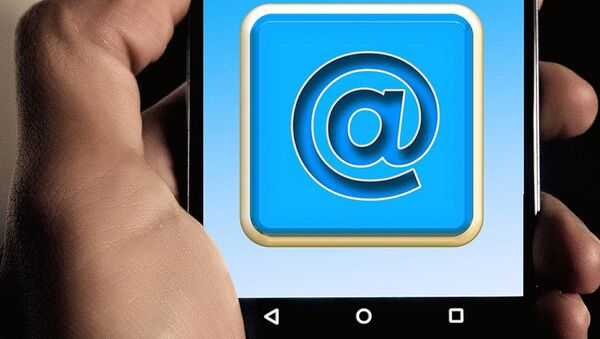It looks like a plot from a James Bond movie: a VIP from an exotic African land is trapped in a dangerous game of power and money. And, of course, he, or she writes a personal email to you.
“Please allow me to introduce myself. My name is Dr. (Mrs.) Mariam Abacha, the wife of the late head of state and commander in chief of the armed forces of the federal republic of Nigeria who died on the 8th of June 1998.”
If you get something like that in your email inbox, via fax, or on your social network – read no further and make no mistake: it’s a classic “Nigerian Money Scam.”
Usually the likes of “Dr. Mariam Abacha” would ask you to secure a large sum of money kept in a secret bank account that only they (and now you) know about. But in order to get your share of the riches, you have to pay an advance fee – a trivial sum compared to the riches on offer.
After getting your check, or wire transfer, the crook usually asks for more money, making further promises. It all leads to a single outcome: you lose your bucks and the cheat vanishes into thin air.
The scam, although known since the 18th century, reappeared in its current digital form in Nigeria in the 1990s. It has even had to be specifically outlawed by a special section of the country’s criminal code. Nowadays such emails also claim to have their origin in Sierra Leone, Togo, South Africa and Iraq.
But no matter how silly or naïve “Nigerian letters” may look, they are surprisingly effective. Over the course of several years Janella Spears, a nurse from Oregon was swindled by unknown fraudsters out of $400,000. In an interview to Portland’s KATU Channel 2, Spears said it was hard to resist the temptation:
“They said: “this is your account number. You have $150,000 that you can get out of this account if you pay me a hundred dollars. Ok, so why wouldn’t you send out a hundred dollars?”
The scammers went as far as telling Spears that the US President George W. Bush (whose email address was none other than usawhitehouse@myway.com) and FBI Director Robert Mueller (whose name they misspelled) were in on the deal. To be even more convincing, the crooks also impersonated the Nigerian president and a UN spokesman, who was asking the woman to wire him $8,300.
Despite warnings by the FBI and local law enforcement, Janella Spears kept sending money in the hopes of getting the $20 million that they promised to give her. Burdened by her growing debt, in 2008 Spears decided to share her story, so that others don’t fall victim to similar crimes.
With the explosive growth of the Internet in recent years, more and more people find themselves trapped in advance fee fraud. According to an Ultrascan Research Group report, worldwide losses from Nigerian scams totaled $12.7 billion in 2013, and the number of these crimes was growing by 5% each year. Researchers also think that many cases go unreported, since the victims are too embarrassed to come out.
So what do you do to protect yourself from the Nigerian Money Scam? First of all, you need to understand that there is never a happy ending for you in this James Bond-style scenario. The “blood diamond stash” or “multi-million-dollar inheritance account” never existed. Similar emails are being sent out in bulk by criminal rings in the hope of winning the trust of at least a few victims.
And no matter how tempting the “Abbah Abacha”, “Chief Nze Akpamgbo” or “Princess F.W. Bolkiah” messages may sound – the best and the only sensible thing you can do with them — is click the “Spam” button.


